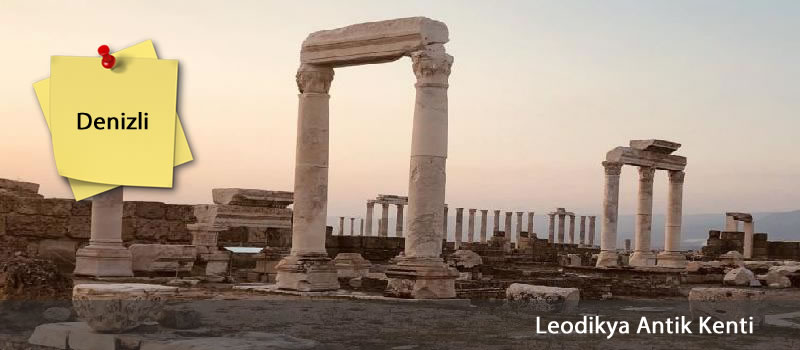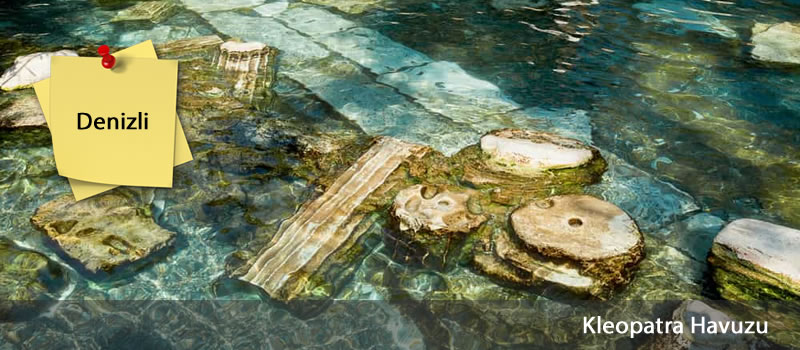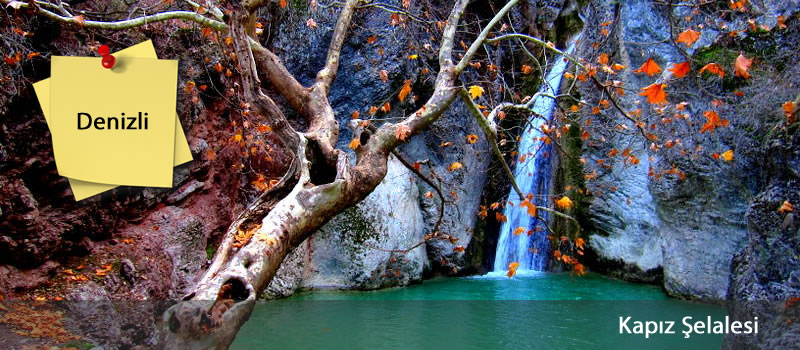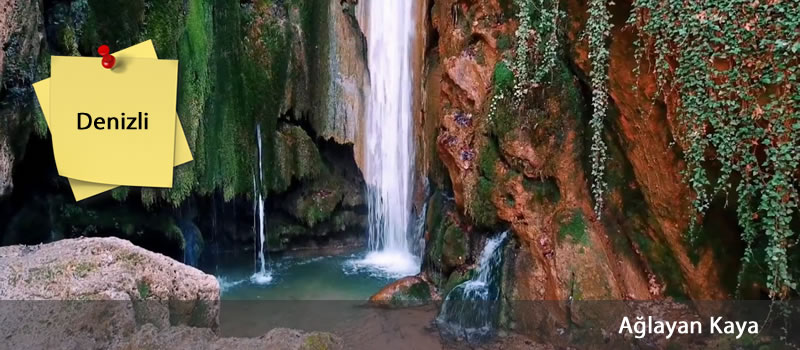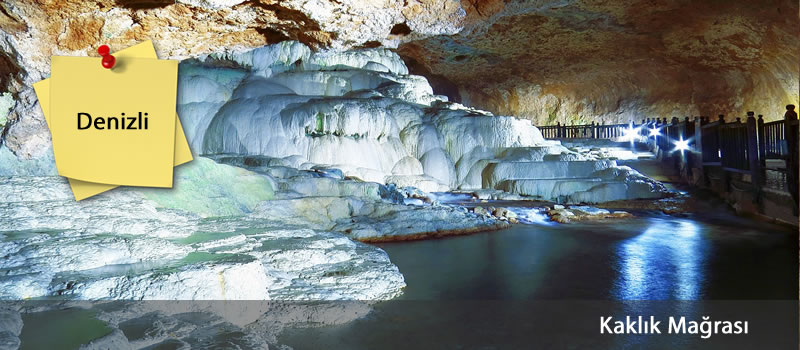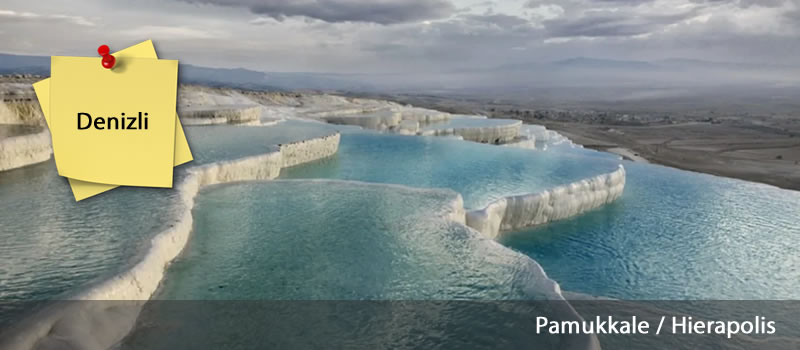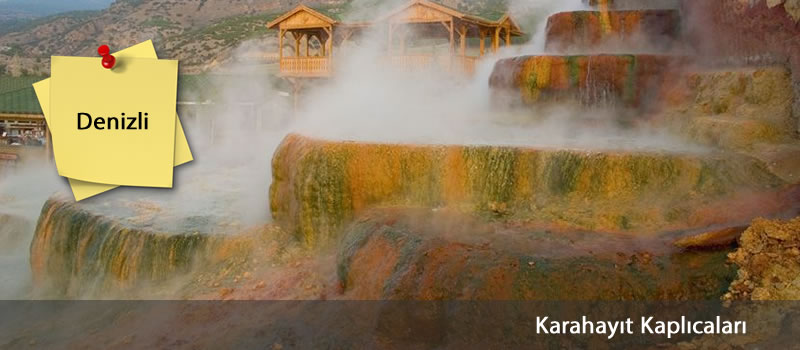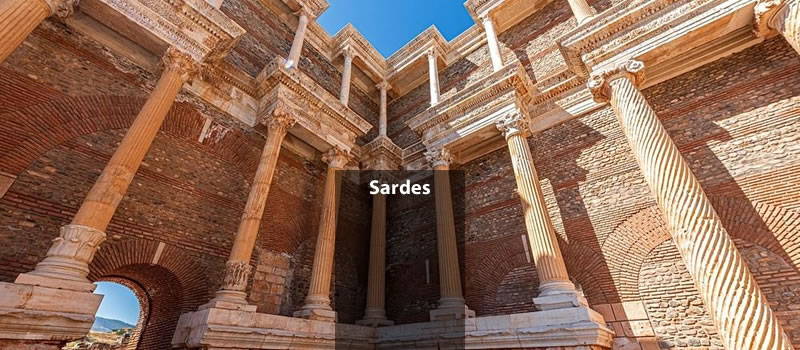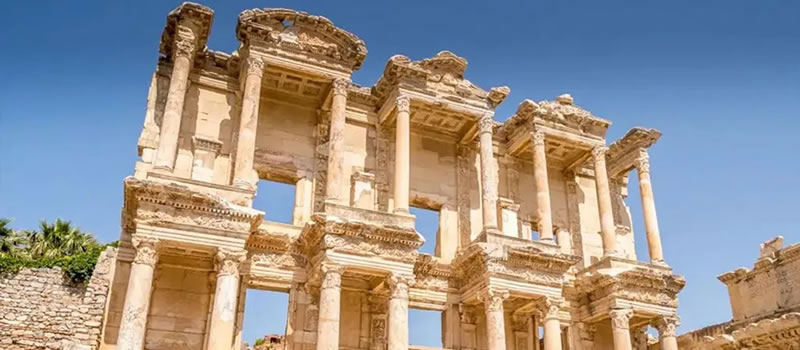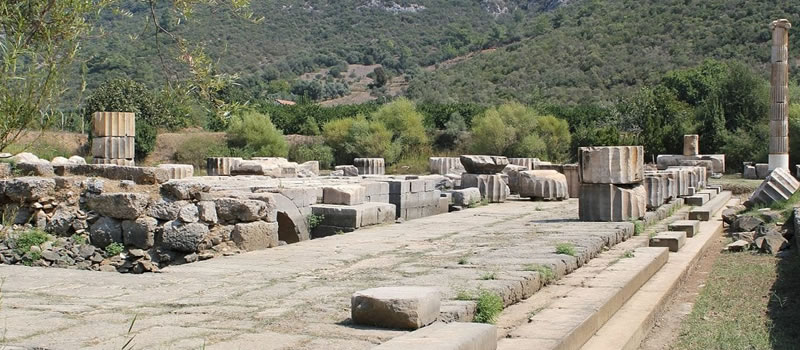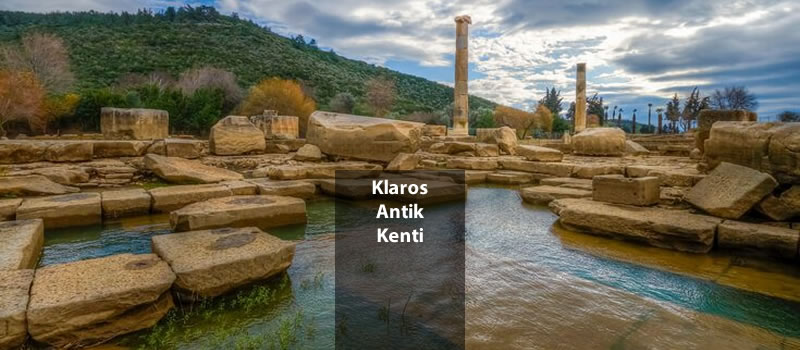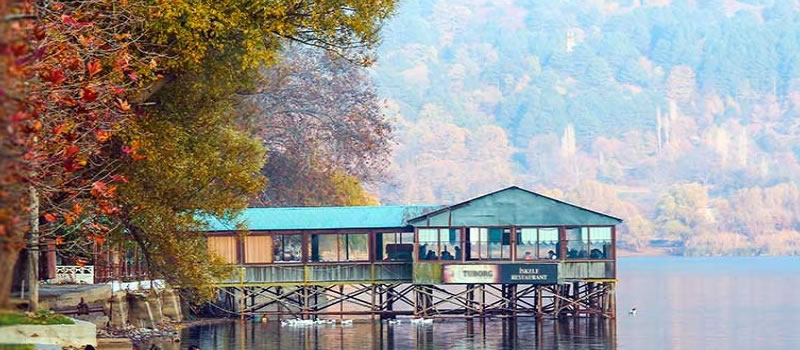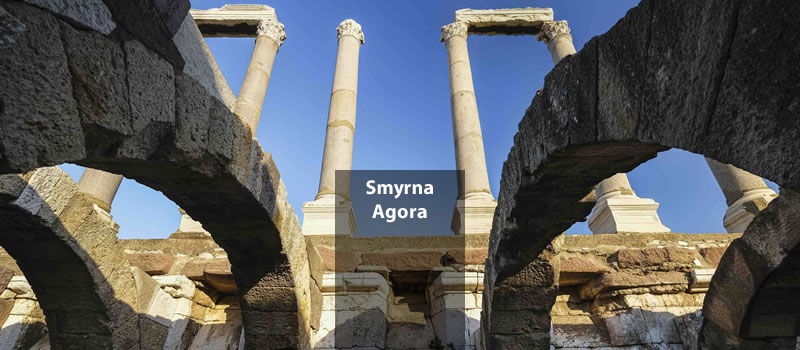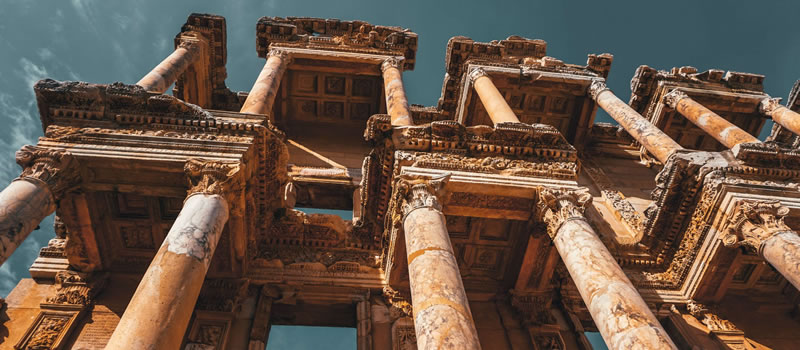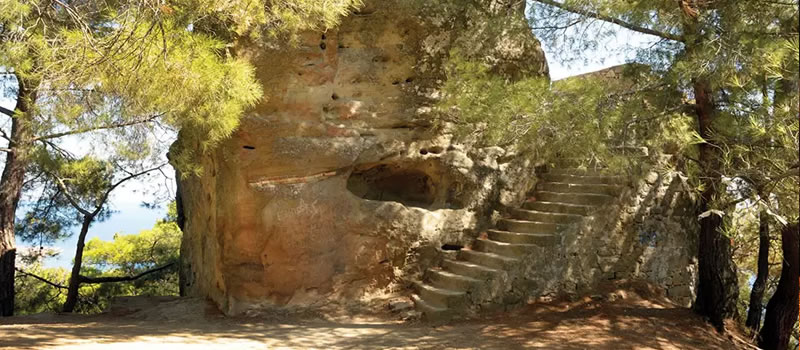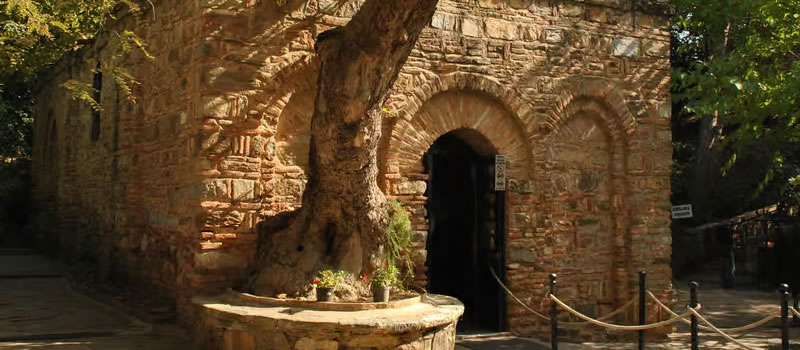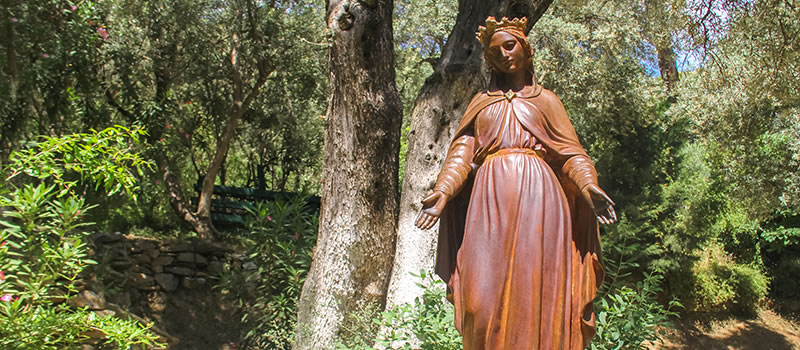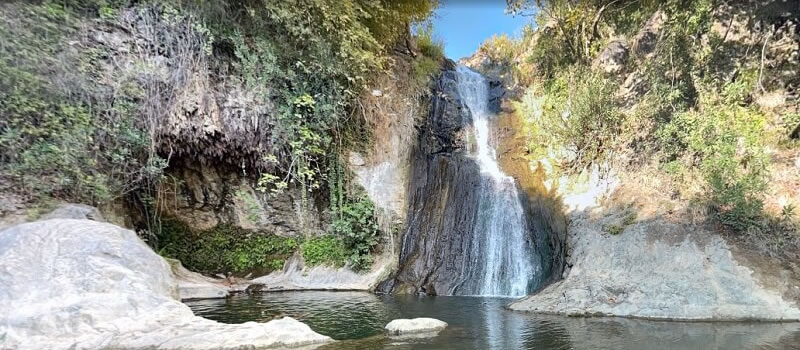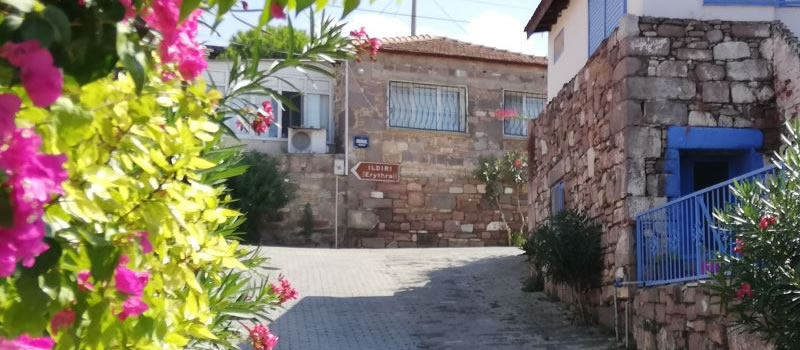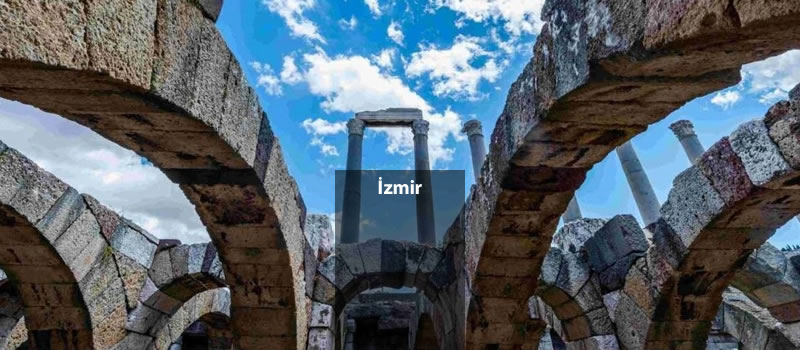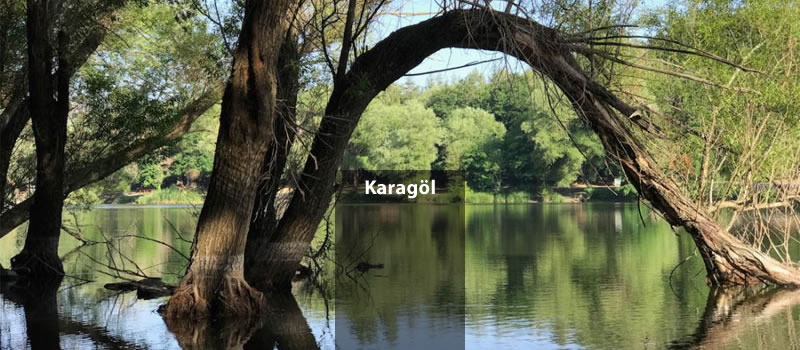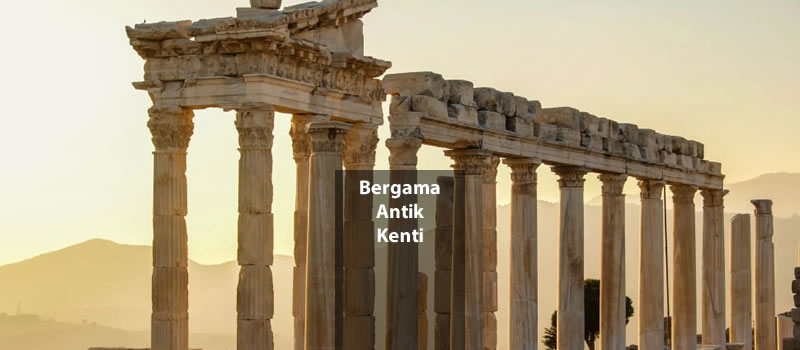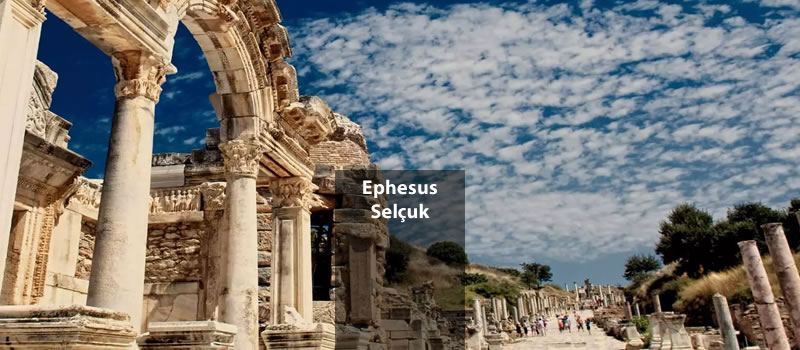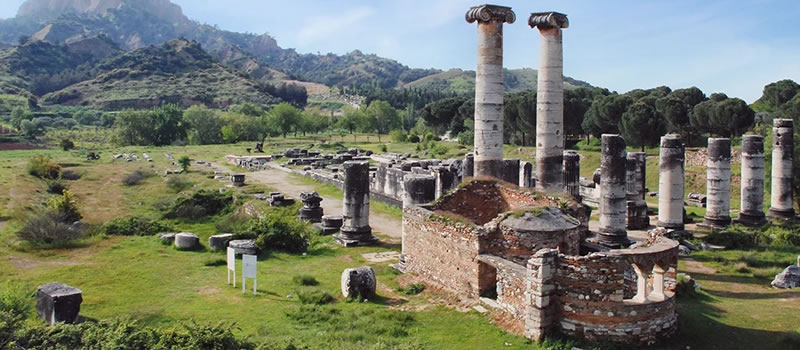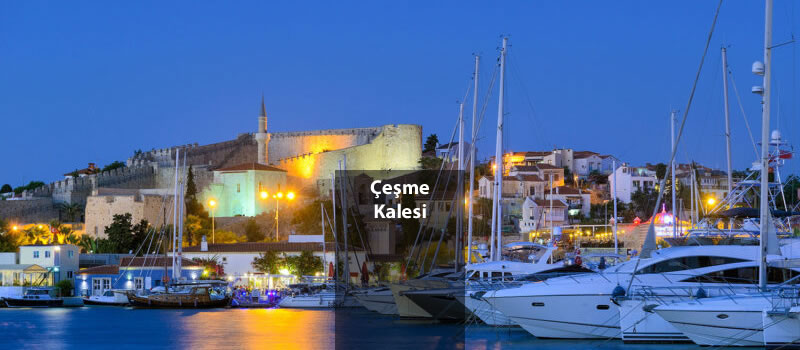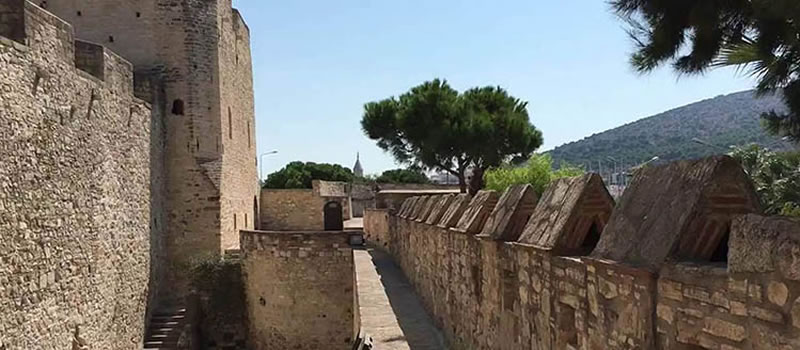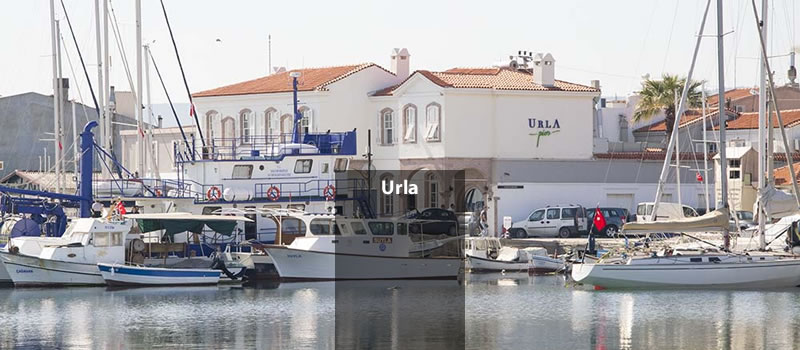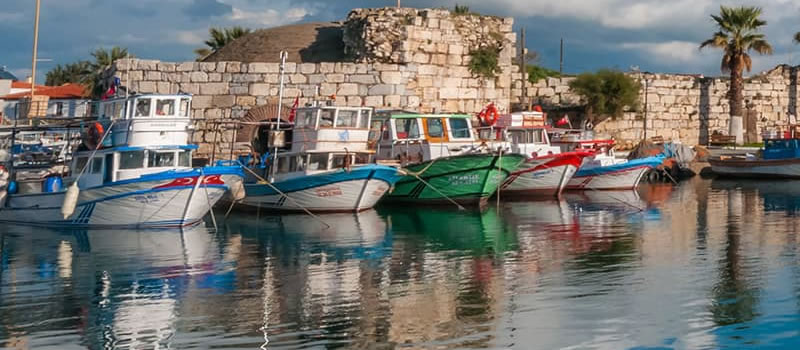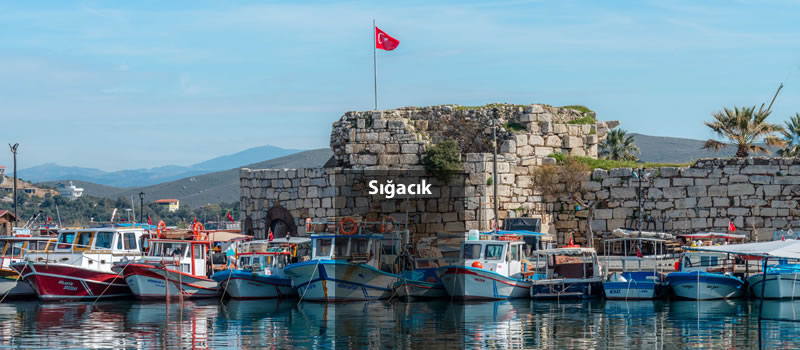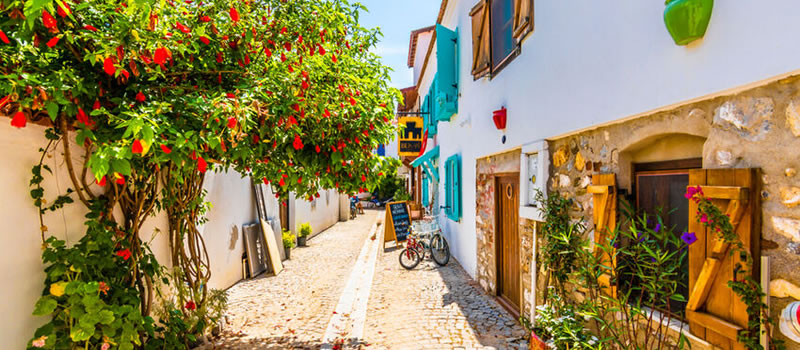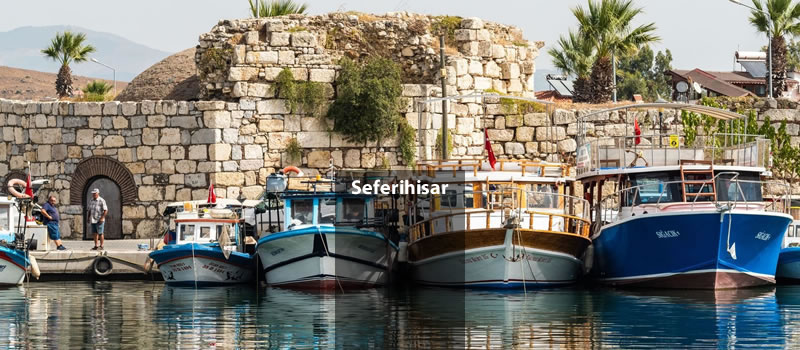Ancient City of Aphrodisias
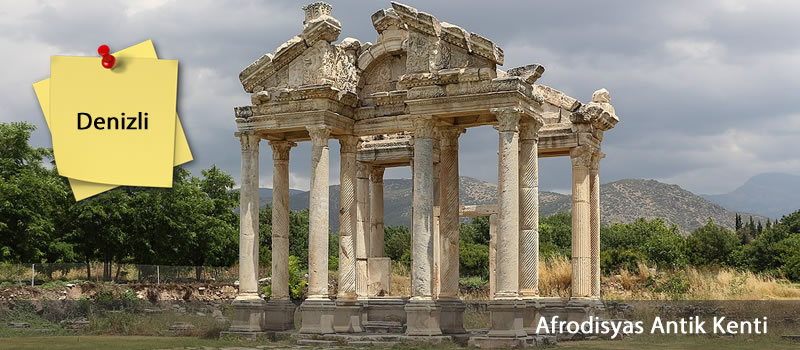
Turkey, known for its historical and cultural richness, hosts many ancient cities, and one of these ancient cities is Afrodisias. Afrodisias Ancient City stands out as an important center of the ancient era, captivating both mythology and archaeology enthusiasts.
Afrodisias takes its name from the ancient Roman mythology's goddess of love and beauty, Aphrodite. The city's name was established in reference to Aphrodite and gradually became known as Afrodisias. This city dedicated to Aphrodite emerged as a religious center associated with love and beauty during the ancient times.
Located in the Caria region of the Roman Empire's Asia province, Afrodisias was founded in the 2nd century BC and particularly flourished as a part of the Roman Empire in the 2nd century AD. The city was renowned for its art, science, and sports, being considered one of the significant cultural centers of the ancient world.
Afrodisias, especially famous for sculpture and craftsmanship, had a rich cultural heritage with its ancient theater, agora (main square), temples, stadium, and other structures. The sculptures produced in Afrodisias were known for their graceful details and aesthetic understanding.
The archaeological remains of Afrodisias Ancient City still impress visitors today. The city has reached the present as the Afrodisias Ancient City Archaeological Site, encompassing sculptures, temples, theater ruins, and other structures. The Agora in Afrodisias is one of the best-preserved examples of ancient agoras.
The city hosts many ancient ruins worthy of a place on the UNESCO World Heritage List. Afrodisias Ancient City continues to be an important excavation and research area for archaeologists and history enthusiasts.
With its historical, cultural, and artistic significance, Afrodisias Ancient City reflects Turkey's rich heritage. With its mythological origins, historical remnants, and archaeological treasures, Afrodisias carries the beauties of the ancient world into the present. Ongoing excavation works contribute to understanding and preserving the city's past. Afrodisias offers both local and international visitors the opportunity to experience the enchantment of the ancient era.
Afrodisias takes its name from the ancient Roman mythology's goddess of love and beauty, Aphrodite. The city's name was established in reference to Aphrodite and gradually became known as Afrodisias. This city dedicated to Aphrodite emerged as a religious center associated with love and beauty during the ancient times.
Located in the Caria region of the Roman Empire's Asia province, Afrodisias was founded in the 2nd century BC and particularly flourished as a part of the Roman Empire in the 2nd century AD. The city was renowned for its art, science, and sports, being considered one of the significant cultural centers of the ancient world.
Afrodisias, especially famous for sculpture and craftsmanship, had a rich cultural heritage with its ancient theater, agora (main square), temples, stadium, and other structures. The sculptures produced in Afrodisias were known for their graceful details and aesthetic understanding.
The archaeological remains of Afrodisias Ancient City still impress visitors today. The city has reached the present as the Afrodisias Ancient City Archaeological Site, encompassing sculptures, temples, theater ruins, and other structures. The Agora in Afrodisias is one of the best-preserved examples of ancient agoras.
The city hosts many ancient ruins worthy of a place on the UNESCO World Heritage List. Afrodisias Ancient City continues to be an important excavation and research area for archaeologists and history enthusiasts.
With its historical, cultural, and artistic significance, Afrodisias Ancient City reflects Turkey's rich heritage. With its mythological origins, historical remnants, and archaeological treasures, Afrodisias carries the beauties of the ancient world into the present. Ongoing excavation works contribute to understanding and preserving the city's past. Afrodisias offers both local and international visitors the opportunity to experience the enchantment of the ancient era.




